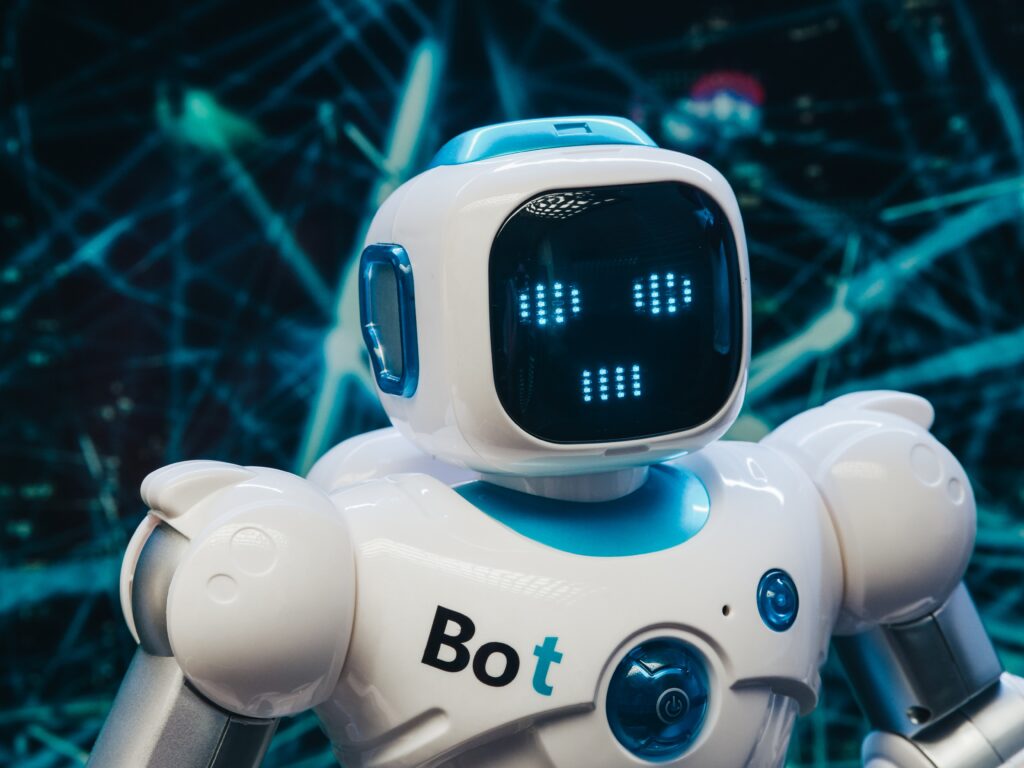
Artifical Intelligence (AI) and its application

Artificial intelligence (AI) is a branch of computer science that deals with the development of machines that can think and act like humans. It is a rapidly evolving field that has the potential to revolutionize many aspects of our lives, from healthcare to transportation. AI can be used to automate tasks and increase efficiency in many industries, from manufacturing to finance. It can also help to make decisions, solve problems, and provide insights that humans may not be able to.

The history of artificial intelligence dates all the way back to the 1950s, when Alan Turing proposed the “Turing Test” as a way of determining if a machine could think and act like a human being. Since then, AI has grown rapidly, with advances in computer processing power and algorithms that allow machines to learn and interact with their environment. One of the main goals of AI is to develop machines that can understand, reason, plan, and act on their own. This is known as strong AI, and it is the basis for a variety of applications, such as self-driving cars, facial recognition, natural language processing, and robotics. One of the biggest challenges of artificial intelligence is making sure that machines are able to act ethically. This is known as AI ethics and involves making sure that machines are not used to harm people, or to make decisions that are biased or discriminatory. Another challenge is making sure that AI systems are secure. As AI becomes more widespread, there is a greater risk of malicious actors using AI to spy on people, or to manipulate data in order to gain an advantage. AI is also being used to create autonomous systems, such as drones and robots, which can move and interact with the environment without human input. This technology has the potential to revolutionize many industries, from transportation to logistics. As AI continues to evolve, it is important to remember that it is still a relatively new technology. While it has the potential to revolutionize many aspects of our lives, it is important to consider the potential risks and ethical implications of AI before introducing it into our lives. AI is an exciting field of research, and it has the potential to change the way we live and work. As AI technology continues to grow, it is important to stay informed about the latest developments and to understand the potential implications of AI before introducing it into our lives.
Application of Artifical Intelligence
1. Medical Diagnosis: AI can be used to diagnose medical conditions from CT scans and other medical imaging. AI can also be used to detect diseases like cancer or cardiac ailments from patient data.
2. Autonomous Vehicles: AI is playing an important role in the development of self-driving cars. AI systems can detect objects and respond to driving scenarios in real time.
3. Robotics: AI is used to program robots to perform tasks like object recognition, movement, and navigation.
4. Natural Language Processing: AI can be used to process natural language, enabling computers to understand and respond to commands given in plain language.
5. Image Recognition: AI is used to identify and classify objects in images and videos.
6. Speech Recognition: AI is used to convert speech to text, enabling computers to understand spoken commands.
7. Virtual Assistants: AI is used to create virtual assistants that can understand and respond to voice commands.
8. Video Games: AI is used to make video games more interactive and realistic. AI can be used to create non-player characters that make decisions and respond to player actions.
9. Business Process Automation: AI can be used to automate tasks like data entry and customer service. AI can also be used to optimize business processes and make decisions.
10. Social Media Analysis: AI can be used to analyze data from social media platforms and find patterns and insights. AI can also be used to detect fake accounts or malicious content.




No comments yet.